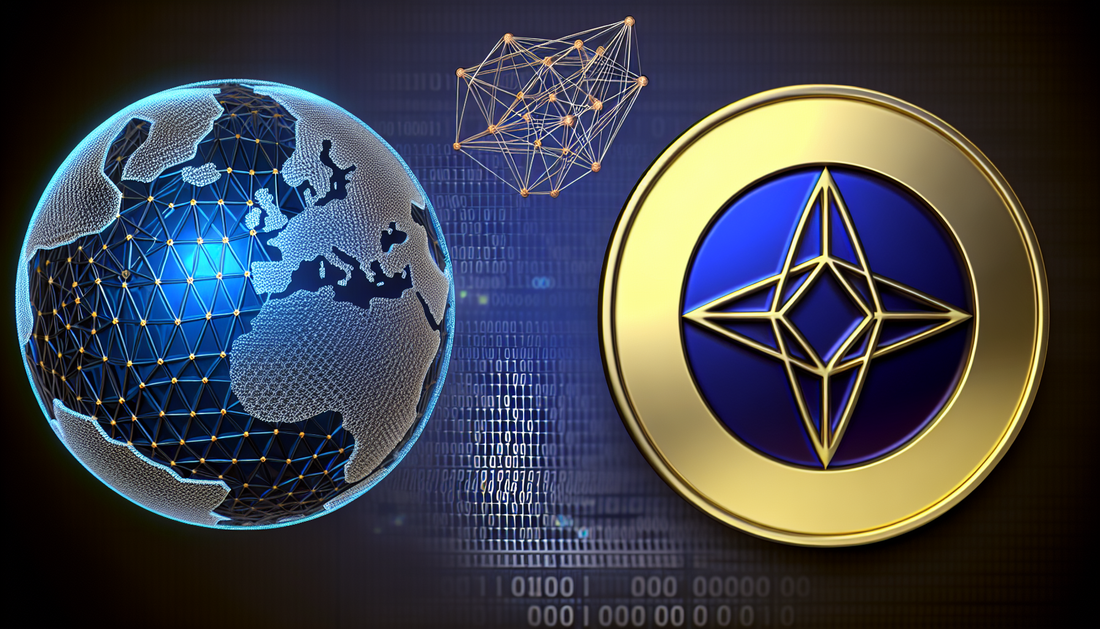
RLC Token: Empowering Decentralized Governance in iExec
Share
RLC Token and Governance: Decentralized Decision-Making for iExec
RLC, the native token of the iExec platform, plays a crucial role in facilitating decentralized governance within the iExec ecosystem. iExec, a decentralized cloud computing platform, allows users to harness unused computing resources and power various applications. To coordinate and manage this decentralized infrastructure effectively, governance becomes a fundamental component, and this is where the RLC token comes in.
Decentralized Governance on iExec
Governance in decentralized platforms like iExec involves the participation of token holders in decision-making processes. In centralized systems, governance is typically controlled by a single authority or a small group of administrators. In contrast, decentralized platforms rely on a more democratic mechanism where users have the power to influence the development and future direction of the network through their voting rights.
The iExec governance model utilizes RLC tokens as a means for distributing voting power among users. Token holders can vote on crucial aspects of the network, such as protocol upgrades or fee structures. The more RLC tokens a participant holds, the greater the weight of their vote in these decisions.
Participatory Decision-Making
RLC token holders have the opportunity to participate in governance proposals that affect various layers of the iExec platform. These proposals may range across technical updates, application integrations, or community-focused initiatives. With proposals being seeded by both the development team and community members, it means that users outside of the core iExec team can influence important project milestones. Such a system theoretically promotes decentralization in decision-making, as no single entity can unilaterally control major outcomes.
In this model, iExec’s governance decisions are designed to be transparent. Discussions and voting results are made available on public platforms, offering accountability to the broader community while preventing manipulation by small, centralized groups.
Challenges in Governance
Despite the ambition of decentralizing governance, there are noticeable challenges. One issue is voter apathy, where a large number of token holders choose not to participate in crucial votes. Governance decisions may then be influenced by only a fraction of the token holders, undermining the democratic intent of the process. Additionally, wealthy token holders – or whales – hold disproportionate power, which can also skew decisions in their favor, creating what some may view as a plutocracy, rather than a decentralized democracy.
